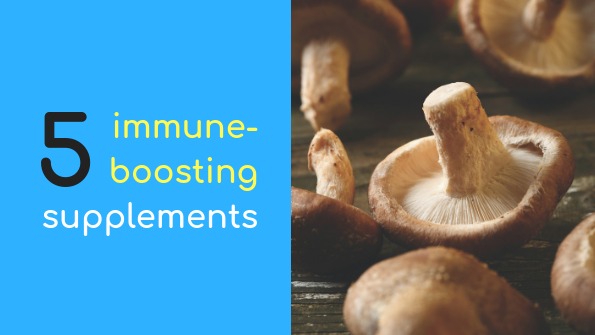Vitamins
-
The Environmental Working Group’s 2010 Sunscreen Guide suggests that Vitamin A is a potential cancer promoter. What does this mean for your natural skin care products?
-
Ever wonder the difference between salba and chia or what grass-fed beef really means? Our food glossary decodes the most common natural and organic food terms.
-
Vitamins have traditionally been used in stand-alone and multivitamin supplements and in fortified foods, such as cereals. They are increasingly found in a range of natural products, from nutrition bars and functional beverages to skin care products.
Vitamins are micronutrients required by the body for proper functioning; they are structural components of the body’s tissues and facilitate biochemical reactions within the body. Each vitamin performs multiple jobs—for example, vitamins E, A, and C function as antioxidants, while the B complex vitamins are involved in metabolic function. B and C vitamins are water soluble, while A, D and E are fat-soluble.
In personal care, the most widely used vitamins include vitamin C, which promotes collagen production and fends off free radical damage, and vitamin E, with antioxidant and skin-softening properties. Because recommended daily allowances for vitamins are usually at very low levels, it’s possible for functional foods and beverages to meet many of the body’s daily requirements in a single serving.
-
Everybody’s talking about vitamin D’s role in maintaining bone health and preventing certain types of cancer. You
-
Vitamin D isn’t just good for your bones; it also may be good for the heart. In a recent study conducted by a team of
-
For the more than 20 million Americans older than 40 who are at risk for impaired eyesight due to cataracts, vitamin E
-
Folate, also known as folic acid, folacin, vitamin M, and pteroylglutamic acid, belongs to the water-soluble B vitamin
-
To B or not to B: Here are the questions Vitamin B12, also known as cobalamin, is a member of the group of
-
Choose brown rice instead of white. Though both are high in carbs (25 grams per half-cup), brown rice has three times
- 1
- 2
